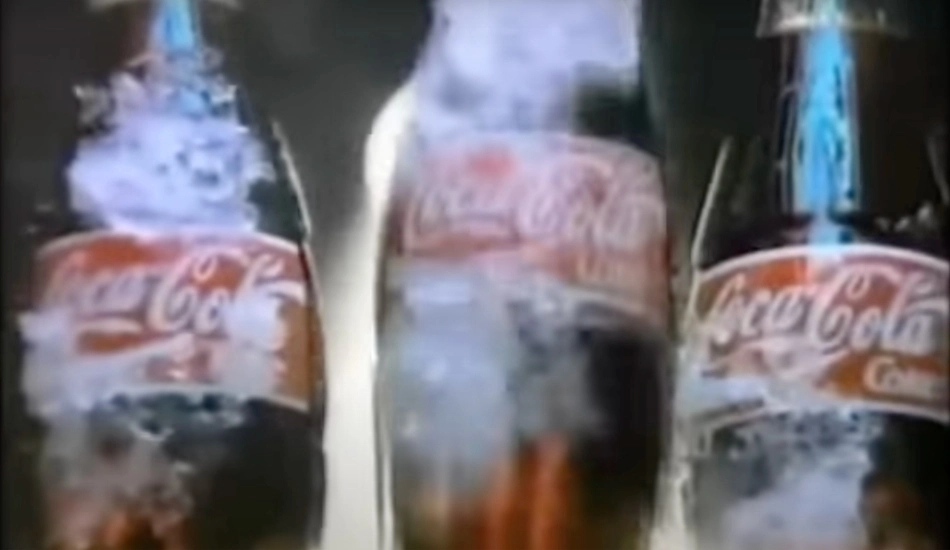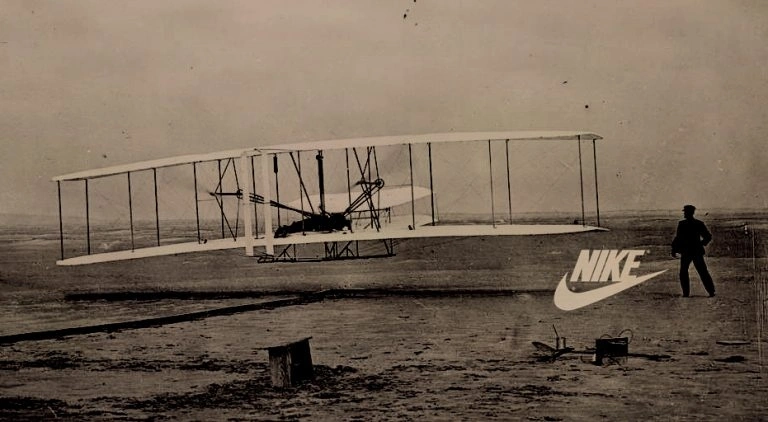Voice change: from Boca Doce to The Economist


There are brands that shout, others that whisper, sing, never stop talking, and those that say precisely what they should—no more, no less—to hit the right spot: either in the head or the heart.
Far from theories and closer to instinct, which is where I like to be, brand voice is about crafting a brand’s voice, from its name to every form of communication. It’s a voice capable of conveying personality, reaching the audience, and even staying in their memory—no matter how irritating that might sometimes be.
Looking back, I can see that the voices that captivated me have changed. This means that the content, brand perception, and purpose I began to see in communication also changed—from child to adult, from loud to deep.
The Boca Doce jingle is the first commercial I remember. The simplicity of the song and the image of the happiest grandfather and grandson in the world were enough to make it, without a doubt, the best pudding ever.
More than 35 years later, I still know the jingle by heart—just like when I was with my siblings, all three of us in a row on the couch, already in our pajamas, singing along. It was the voice of joy and the comfort of being with family.
Time went by, and the music changed. It wasn’t just about what I liked anymore, but also about what others liked.
During the Coca-Cola phase, the whole group had to listen to the same thing, letting themselves be swept up in it universally.
Here, brand voice took on a social weight, a sense of belonging and tribe creation—almost like an anthem.
If you didn’t feel the emotion of a Coca-Cola, as the music demanded, you were left out—and the schoolyard could quickly become a tough place to be in.
Then came the Nike phase, stripping away all the fears of failure and pushing back against every time our parents and teachers told us, "Don't do that."
The empowerment of "Just do it" doesn’t need a song; it doesn’t need anything else. Every word counts to push us forward.
A brand voice so strong it feels like it was the first brand to believe in me, even before I knew I believed in brands.
Today, I confess I don’t care what others think about me (and not about the brands I create), and for that reason, I’ve traded the feeling of belonging for that of challenge—I want to hear a voice that shakes me to my core, that makes me question if this is what I really want to do with my life, or if what I (think I) know today is good for anything.
It’s the The Economist phase.
It’s this ability to evoke feelings of comfort, belonging, confidence, or challenge that keeps me wanting to work with brands. From naming to storytelling. From the catchy music to the voice that gets inside our heads and changes everything we believe in. And my voice is all the more authentic, the less it’s my own because it changes with each brand.


Looking back, I can see that the voices that captivated me have changed. This means that the content, brand perception, and purpose I began to see in communication also changed—from child to adult, from loud to deep.
The Boca Doce jingle is the first commercial I remember. The simplicity of the song and the image of the happiest grandfather and grandson in the world were enough to make it, without a doubt, the best pudding ever.
More than 35 years later, I still know the jingle by heart—just like when I was with my siblings, all three of us in a row on the couch, already in our pajamas, singing along. It was the voice of joy and the comfort of being with family.
Time went by, and the music changed. It wasn’t just about what I liked anymore, but also about what others liked.
During the Coca-Cola phase, the whole group had to listen to the same thing, letting themselves be swept up in it universally.
Here, brand voice took on a social weight, a sense of belonging and tribe creation—almost like an anthem.
If you didn’t feel the emotion of a Coca-Cola, as the music demanded, you were left out—and the schoolyard could quickly become a tough place to be in.
Then came the Nike phase, stripping away all the fears of failure and pushing back against every time our parents and teachers told us, "Don't do that."
The empowerment of "Just do it" doesn’t need a song; it doesn’t need anything else. Every word counts to push us forward.
A brand voice so strong it feels like it was the first brand to believe in me, even before I knew I believed in brands.
Today, I confess I don’t care what others think about me (and not about the brands I create), and for that reason, I’ve traded the feeling of belonging for that of challenge—I want to hear a voice that shakes me to my core, that makes me question if this is what I really want to do with my life, or if what I (think I) know today is good for anything.
It’s the The Economist phase.
It’s this ability to evoke feelings of comfort, belonging, confidence, or challenge that keeps me wanting to work with brands. From naming to storytelling. From the catchy music to the voice that gets inside our heads and changes everything we believe in. And my voice is all the more authentic, the less it’s my own because it changes with each brand.
